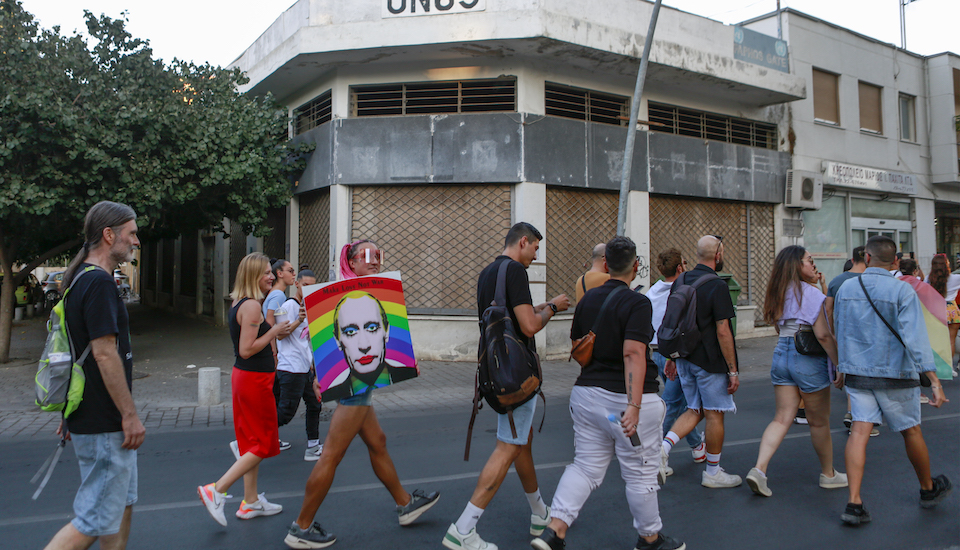The UK’s creative sector is booming with ideas and opportunity – so why aren’t more of us paying attention?
Beyoncé, the multi-million-selling international music star, is regularly to be found near Pontefract in West Yorkshire. The reason? This is where a world-leading live event production company puts together the rig and digital design for her tours of the world’s mega-stadia and music venues. This is just one example of the ways in which the UK’s creative industries, which encompass advertising, marketing, design, fashion, video games, performing arts and more, have demonstrated great potential for wealth and job creation.
Here in the UK, the creative industries contribute around 6% of our total economy, employ 2.3 million people and export more than £50bn of goods and services each year. But there’s a danger that this success – driven by a fusion of creativity and technology we call ‘createch’ – may stall.
This was the subject of my lecture at the RSA in April this year, attended by Her Royal Highness the Princess Royal, who has served as the Society’s president since 2011.
When I say bish bash bosh, I’m trying to inject a sense of urgency into this great opportunity for economic and cultural growth. But in the creative industries we have a branding challenge: we’re known for our entertainment but not properly recognised as the research and development-led sector we are becoming. We should be as clearly labelled as life sciences, automotive and aerospace are in this respect. And, as it happens, we’re worth rather more than those three sectors put together.
Our challenge is to find and champion local examples of successful collaborations between science, technology, art and design. The multimedia masters in Pontefract are one great case study, but there are many, many other creative industry triumphs where differing talents congregate and where alliances with local education and local authorities prosper: music in Manchester and Sheffield, video games in Dundee and Leamington Spa, TV and film in Cardiff and Bristol, fashion in Leeds and London, and so on.
Of great concern is the rapid decline in the number of pupils taking design and technology at school (70% over a decade, apparently). We must correct the historic failure to define the many career pathways into the creative industries, otherwise the next generation of talent will not see their future in our sector.
For some time, employers have venerated science, technology, engineering and maths qualifications – STEM. In the creative industries we like to add the A for arts to make it really dynamic. That spells STEAM, by the way.
And this wouldn’t be the first time STEAM has propelled an industrial revolution, would it?
Sir Peter Bazalgette is Co-chair, Creative Industries Council, and Chair of Council, RCA. This article is extracted from his April 2023 President’s Lecture at the RSA: Bish Bash Bosh
This article first appeared in RSA Journal Issue 2 2023.
Read more Journal and Comment articles
-
Worlds apart
Comment
Frank Gaffikin
We are at an inflexion point as a species with an increasing need for collaborative responses to the global crises we face.
-
Why aren't consumer durables durable?
Comment
Moray MacPhail
A tale of two toasters demonstrates the trade-offs that need to be considered when we're thinking about the long-term costs of how and what we consume.
-
You talked, we listened
Comment
Mike Thatcher
The RSA responds to feedback on the Journal from over 2,000 Fellows who completed a recent reader survey.




Be the first to write a comment
Comments
Please login to post a comment or reply
Don't have an account? Click here to register.